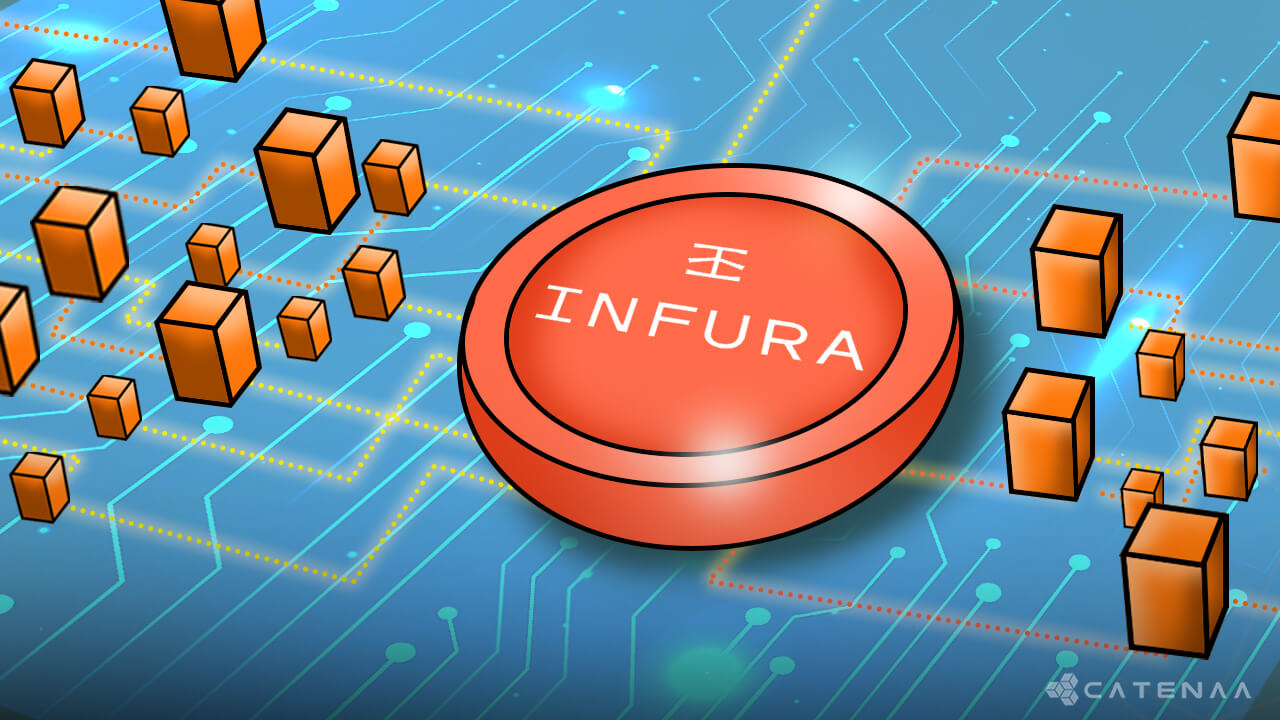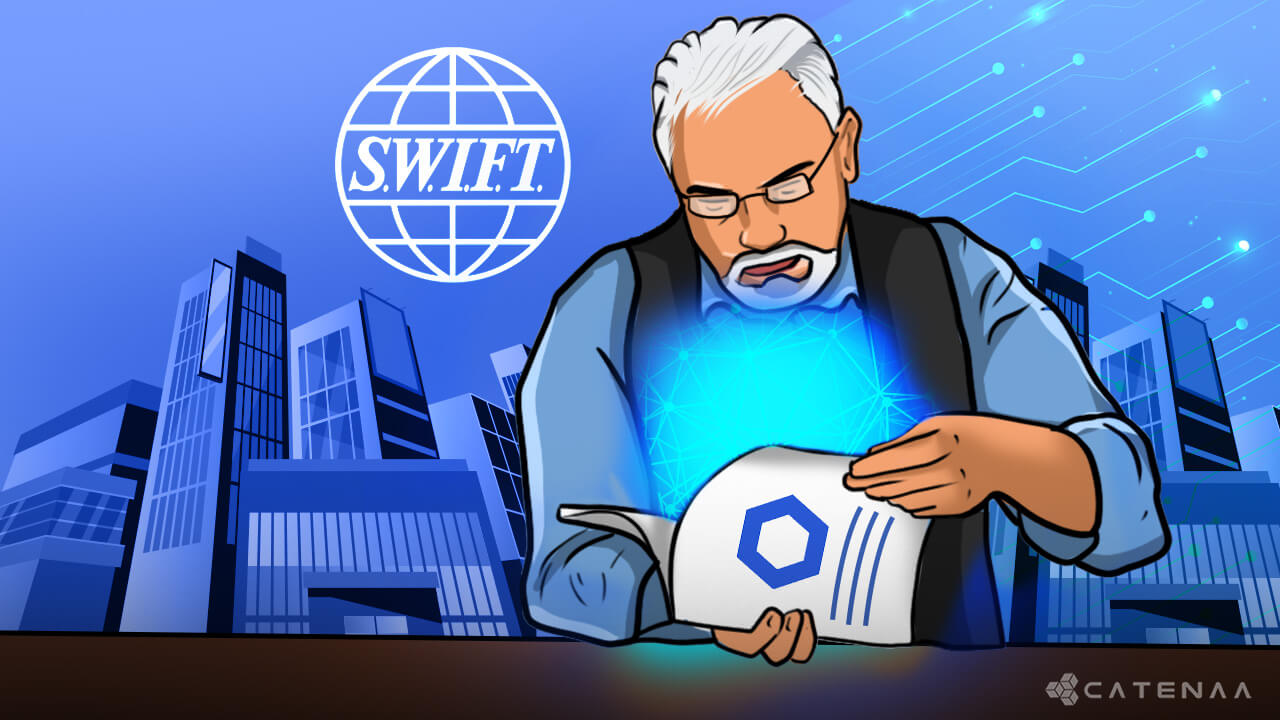New York, September 8: ConsenSys, which owns Infura, said on its website that Infura would release a decentralized version of its service by the end of 2023. This decentralization would be operated by multiple entities, making it resilient to outages.1
Infura is a blockchain infrastructure-as-a-service (IaaS) platform that provides developers with access to Ethereum and IPFS nodes. It is one of the most popular blockchain node providers and is used by many popular Ethereum applications, including MetaMask, Truffle, and Remix.
Although Infura is a blockchain technology company, its current infrastructure is centralized. This means that all of Infura’s nodes are controlled by a single entity, which is ConsenSys. This makes Infura a single point of failure, making it more vulnerable to attacks. Decentralizing Infura would mean that the nodes would be controlled by a network of independent entities. This would make Infura more resilient to outages and attacks, and would also make it more censorship-resistant.
Infura functions as a blockchain node infrastructure service, enabling applications and developers to access data from the Ethereum blockchain and broadcast transactions to it. Infura’s network serves as the backend for various Ethereum services and applications, including MetaMask, and numerous others not affiliated with ConsenSys.
In September 2022, Infura rejected speculation that it was on a centralization path, according to a Bloomberg report. 2
Later, on July 28, 2023, Infura said on its website in an article titled Progressive Decentralizations:
“We defined progressive decentralization and how its principles are being used to form the network in this article published late last year. Decentralizing the RPC layer can be effectively done progressively due to the many layers involved, which include, but are not limited to, 3
According to multiple sources, the decentralization process is set to unfold in multiple stages.
It is still unclear whether Infura, a decentralized infrastructure platform, will be governed by a DAO (decentralized autonomous organization) or a foundation.
The plan aims to maintain robust access to blockchain APIs with high throughput while reducing the risk associated with a single point of failure. The company has already launched an early access program.
Infura, a decentralized infrastructure platform, will be deployed in a phased manner, starting with a “federated phase” involving a select group of launch partners. Subsequent stages will gradually decentralize the infrastructure.
In a statement, Tom Hay, the Product Lead for Decentralized Infrastructure at Infura, mentioned that they plan to introduce something later this year, an initial ‘federated phase.’ 4
“The federated phase will last at least 6 months and will provide the network with insight on how to build a sustainable model before introducing further decentralization.”
The team explained that the decentralized Infura could be governed by either a Decentralized Autonomous Organization (DAO) or a foundation, but they have not yet decided.
- Infura: https://consensys.net/blog/press-release/infura-announces-plan-to-foster-a-decentralized-infrastructure-ecosystem/[↩]
- Infura: https://www.bloomberg.com/news/articles/2022-09-16/ethereum-infrastructure-firm-infura-plans-decentralized-service#xj4y7vzkg[↩]
- Infura: https://infura.ghost.io/progressive-decentralization-part-1-building-the-new-infrastructure-network//[↩]
- Infura: https://blog.infura.io/post/progressive-decentralization-of-the-rpc-layer-centralization-to-federation[↩]


